
The Enchanted Sands of Lompoul Desert
Nestled between the bustling cities of Dakar and Saint-Louis, the Lompoul Desert is a hidden gem in Senegal. This small desert spans approximately 18 square kilometers, offering an exotic landscape of orange sand dunes that rise majestically against the clear blue sky. For those looking to experience the Sahara without leaving Senegal, Lompoul provides an ideal escape. Visitors can immerse themselves in the serene beauty of the desert by spending a night in traditional Mauritanian tents. These tents offer a unique blend of comfort and authenticity, allowing guests to enjoy the tranquility of the desert under a canopy of stars. The desert comes alive at night with the sound of traditional music and the aroma of local cuisine, providing a cultural experience that is both enchanting and memorable. Daytime activities in Lompoul are just as captivating. Tourists can explore the dunes on camelback, offering a leisurely and picturesque way to take in the vast landscape. For the more adventurous, sandboarding down the dunes provides a thrilling experience. The desert also hosts various festivals throughout the year, where visitors can witness traditional dance, music, and art, further enriching their visit.
Local tips in Lompoul Desert
- Best time to visit is between November and February when the weather is cooler.
- Bring plenty of water and sun protection, as the desert can get very hot during the day.
- Wear comfortable shoes suitable for walking on sand.
- Try local dishes like thieboudienne, a flavorful fish and rice dish.
- Book your stay in advance, especially during festival times, as accommodations can fill up quickly.
The Enchanted Sands of Lompoul Desert
Nestled between the bustling cities of Dakar and Saint-Louis, the Lompoul Desert is a hidden gem in Senegal. This small desert spans approximately 18 square kilometers, offering an exotic landscape of orange sand dunes that rise majestically against the clear blue sky. For those looking to experience the Sahara without leaving Senegal, Lompoul provides an ideal escape. Visitors can immerse themselves in the serene beauty of the desert by spending a night in traditional Mauritanian tents. These tents offer a unique blend of comfort and authenticity, allowing guests to enjoy the tranquility of the desert under a canopy of stars. The desert comes alive at night with the sound of traditional music and the aroma of local cuisine, providing a cultural experience that is both enchanting and memorable. Daytime activities in Lompoul are just as captivating. Tourists can explore the dunes on camelback, offering a leisurely and picturesque way to take in the vast landscape. For the more adventurous, sandboarding down the dunes provides a thrilling experience. The desert also hosts various festivals throughout the year, where visitors can witness traditional dance, music, and art, further enriching their visit.
When is the best time to go to Lompoul Desert?
Iconic landmarks you can’t miss
Ecolodge de Lompoul
Discover tranquility and adventure at Ecolodge de Lompoul, an eco-friendly retreat in the stunning Lompoul Desert of Senegal.
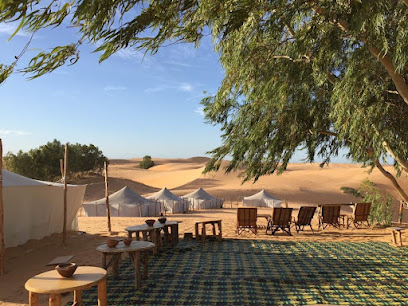
Désert de Lompoul
Experience the enchanting golden dunes and serene beauty of Désert de Lompoul, a must-visit desert paradise in Senegal.
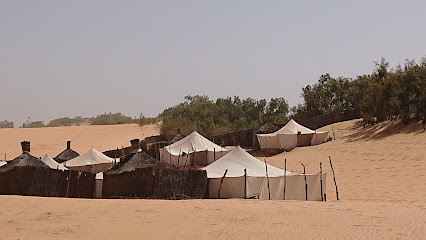
Africa Roots
Experience the tranquil beauty of Africa Roots in Lompoul, Senegal, where stunning landscapes meet warm hospitality in a perfect coastal retreat.

Horizons Lodges Lompoul
Discover tranquility and adventure at Horizons Lodges Lompoul, a stunning desert retreat in Senegal surrounded by breathtaking landscapes.
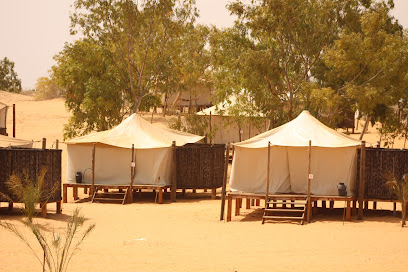
Lompoul
Discover the breathtaking beauty of Lompoul Desert, a serene escape for adventure seekers and nature lovers in Senegal.
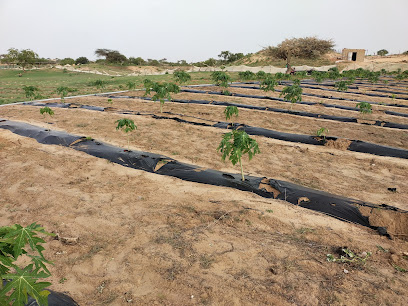
DÉSERT DE LOMPOUL LODGE
Discover the tranquil beauty of the Desert de Lompoul Lodge, where adventure and relaxation meet in the heart of Senegal's stunning landscapes.
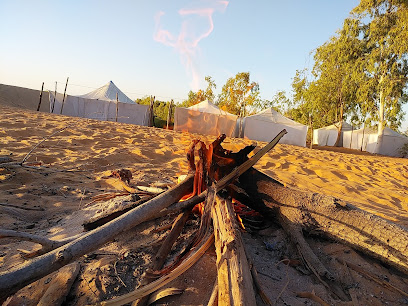
Unmissable attractions to see
Foret de Sebikhoutane
Explore Forêt de Sebikhoutane, Senegal's serene nature preserve, a paradise for nature lovers, hikers, and those seeking peace away from the city.
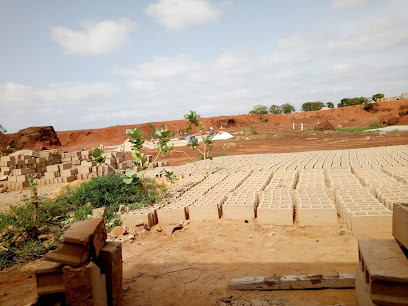
Djoudj National Bird Sanctuary
Explore the enchanting Djoudj National Bird Sanctuary, a UNESCO World Heritage site filled with diverse birdlife and stunning natural beauty.
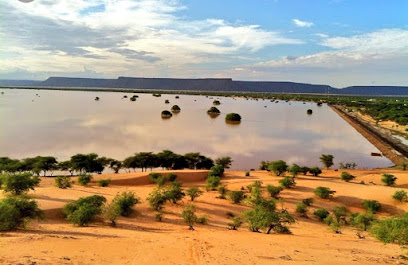
Musée de la Photographie de Saint-Louis
Discover the captivating world of photography at Musée de la Photographie de Saint-Louis, where art and history blend beautifully.
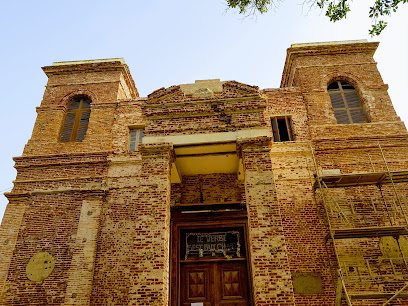
Désert de Lompoul
Explore the stunning golden dunes of Désert de Lompoul, a serene desert paradise in Senegal, perfect for adventure and cultural experiences.
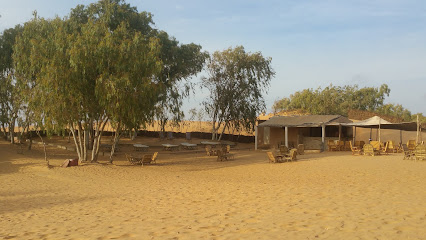
Senegal Raid Evasion
Experience thrilling adventures at Senegal Raid Evasion, the ultimate destination for adventure seekers at the stunning Lac Rose in Senegal.
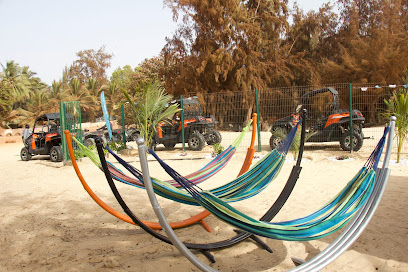
Musée Jean Mermoz
Explore the legacy of aviation at Musée Jean Mermoz in St. Louis, Senegal, where history and culture come to life.
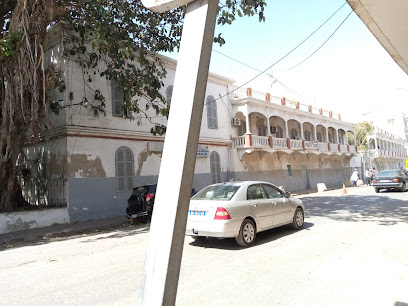
Modou Caleche Saint Louis
Explore the cultural richness and scenic beauty of Modou Caleche in Saint Louis, Senegal - a must-visit tourist attraction for every traveler.
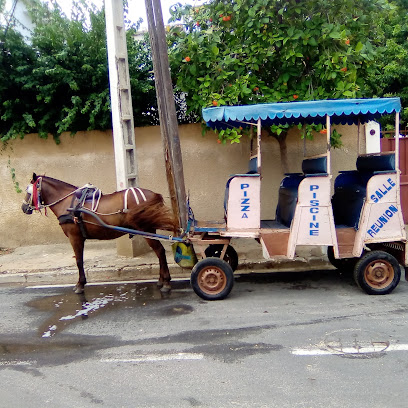
Plage de Taré
Experience the breathtaking beauty and vibrant culture at Plage de Taré, a serene beach destination in Gabar, Senegal, perfect for relaxation and adventure.
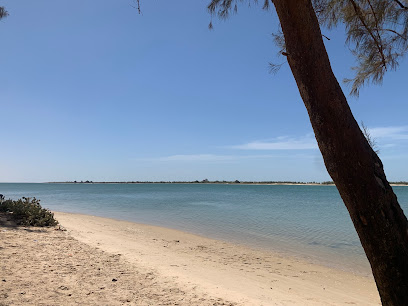
Ndar-Toute-plage
Experience the serene beauty and vibrant culture of Ndar-Toute-plage, a must-visit beach destination in St. Louis, Senegal, offering relaxation and adventure.
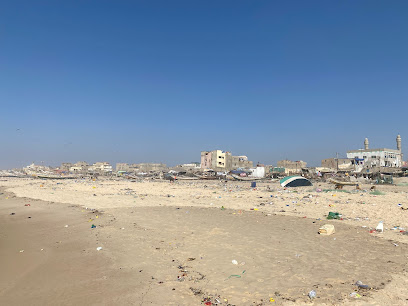
Guet ndar
Explore the vibrant culture and rich history of Guet ndar, a must-visit tourist attraction in St. Louis, Senegal.
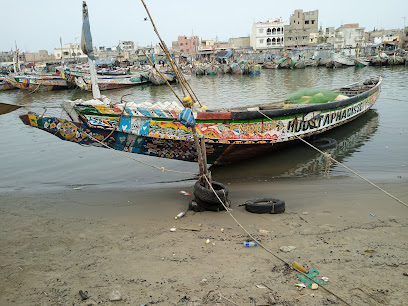
Réserve de Gueumbeung - Guembeul Natural Reserve
Discover the serene beauty and rich biodiversity of Réserve de Gueumbeung in Senegal, a natural paradise for nature lovers and adventurers.
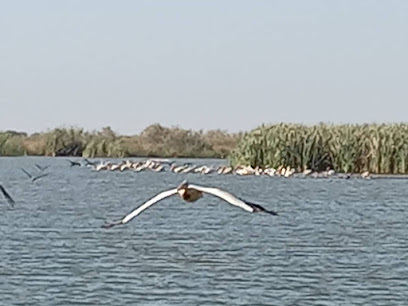
Pencum Ndox
Explore the beauty and culture of Pencum Ndox in Diourbel, a captivating tourist attraction that showcases the heart of Senegal.
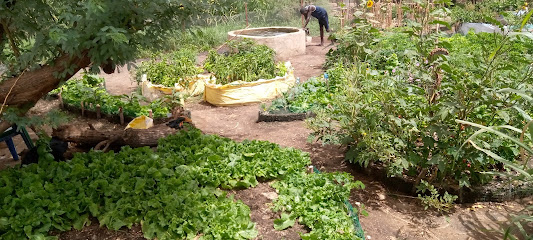
Beach + fish market
Experience the vibrant culture and fresh seafood at Lompoul sur Mer's Beach and Fish Market, where the beauty of the coast meets local tradition.
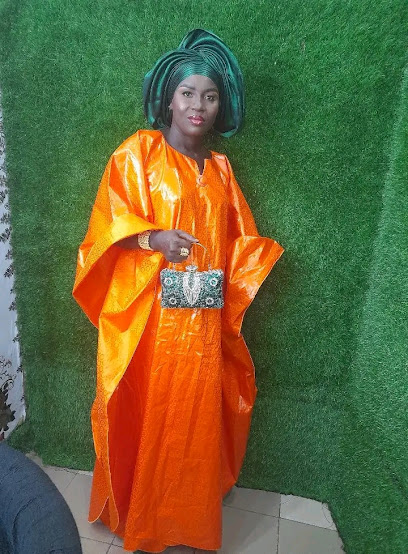
Croisement Leona
Experience the vibrant culture and breathtaking landscapes at Croisement Leona, a hidden gem along Senegal's Rte de Lompoul.
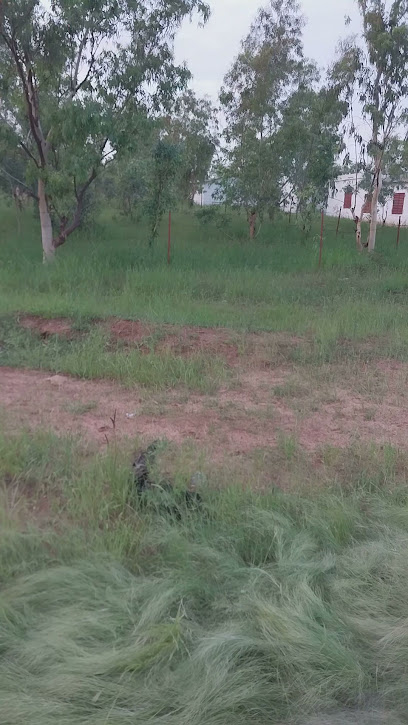
Wassoumassal
Explore the serene landscapes and rich culture of Wassoumassal, a hidden gem in Léona, Senegal, perfect for adventurous travelers.
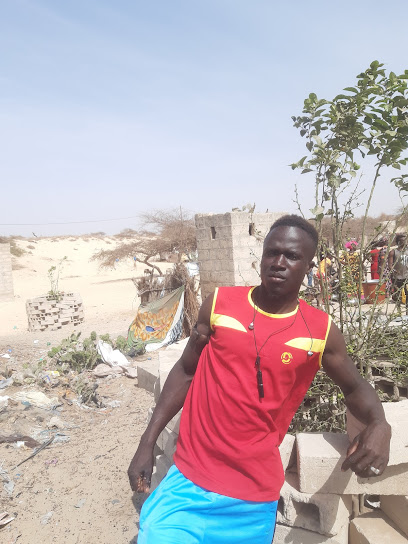
Essential places to dine
Ecolodge de Lompoul
Discover tranquility at Ecolodge de Lompoul, where desert adventures meet cultural immersion in a sustainable oasis.
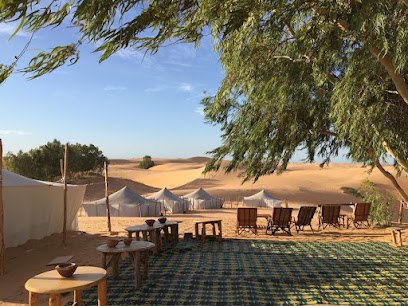
Désert de Lompoul
Discover serenity at Désert de Lompoul: where golden dunes meet tranquil skies in the heart of Senegal.
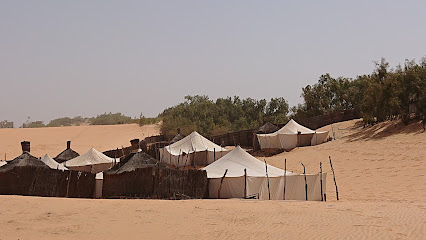
Africa Roots
Discover comfort and authentic Senegalese culture at Africa Roots Hotel in Lompoul-sur-Mer.

Horizons Lodges Lompoul
Discover tranquility and adventure at Horizons Lodges Lompoul, where luxury meets nature in the heart of the stunning Lompoul Desert.
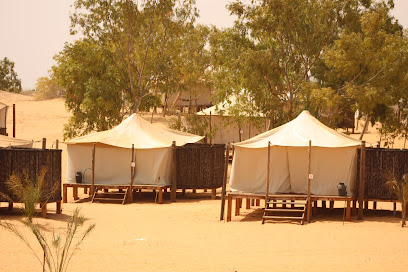
Lompoule Sur Mer
Discover Lompoule Sur Mer: A tranquil coastal retreat in Senegal offering stunning beaches and delicious local cuisine.
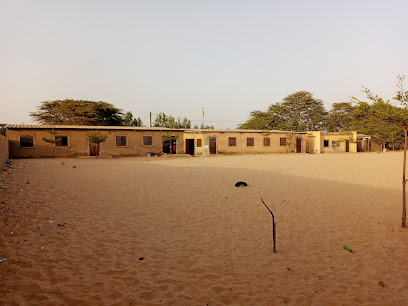
Reve de Nomade
Discover tranquility and cultural immersion at Reve de Nomade, your serene hotel oasis in Lompoul, Senegal.
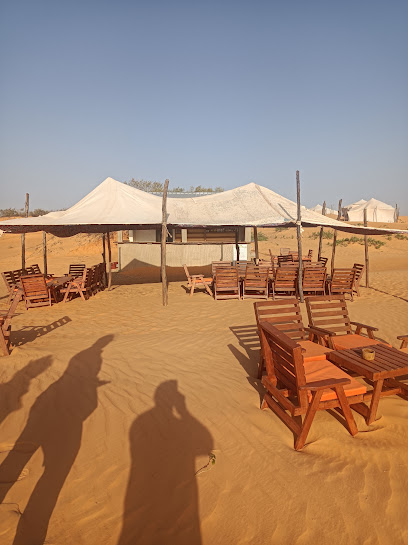
Lompoul
Explore the stunning landscapes of Lompoul Desert in Senegal – a perfect blend of adventure and tranquility amidst golden sand dunes.
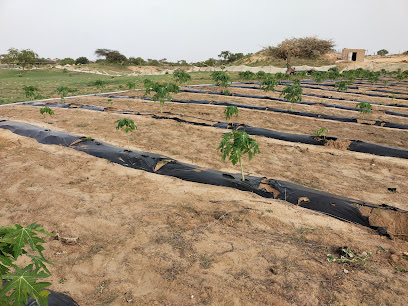
DÉSERT DE LOMPOUL LODGE
Experience serene beauty at DÉSERT DE LOMPOUL LODGE - your tranquil retreat in the heart of Senegal's enchanting desert landscapes.
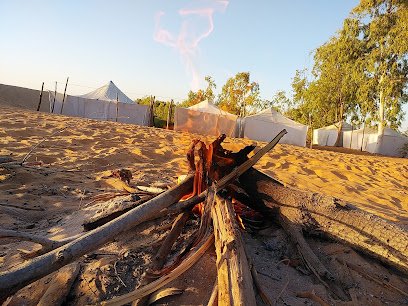
Markets, malls and hidden boutiques
Ecolodge de Lompoul
Discover the serene beauty of the Lompoul Desert at Ecolodge de Lompoul, where adventure meets eco-friendly luxury in Senegal.
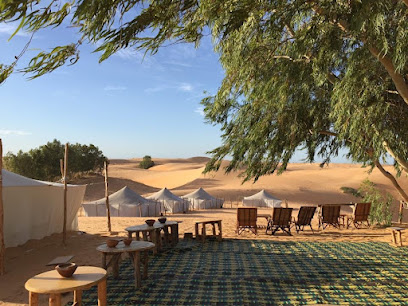
Désert de Lompoul
Experience the enchanting beauty of Désert de Lompoul, where golden dunes meet vibrant culture in the heart of Senegal.
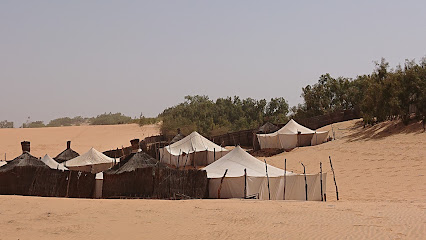
Quincaillerie Serigne BABACAR SY
Discover a treasure trove of frozen delicacies at Quincaillerie Serigne BABACAR SY in Lompoul sur Mer, where local flavors come to life.

Boutique Baye Mor
Explore Boutique Baye Mor, the heart of Senegalese fashion in Fas Boue, featuring vibrant local designs and unique cultural garments.
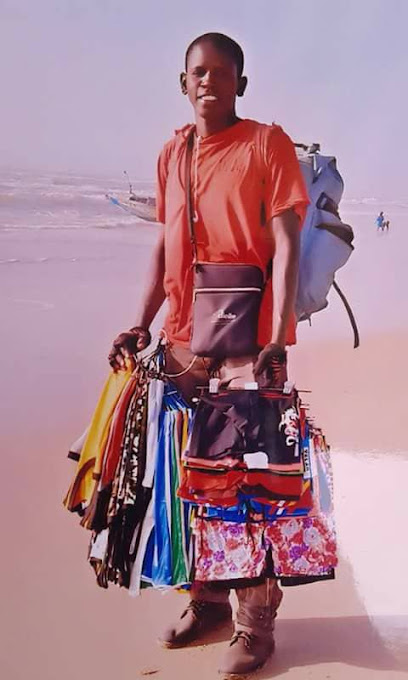
Lompoul
Experience the mesmerizing beauty of Lompoul Desert, where golden dunes meet vibrant sunsets in Senegal's hidden gem.
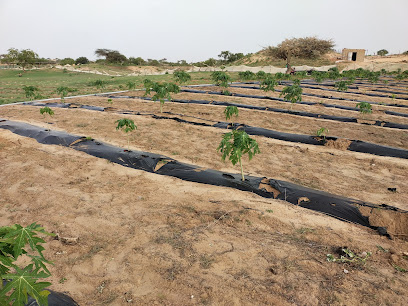
Darou khoudoss boutique
Discover the sweet flavors of Darou Khoudoss Boutique in Kébémer, where indulgent ice cream meets local charm and warmth.

Wakeur Mame Cheikh ( Chez Talla fan's khalé yi ))
Explore vibrant clothing at Wakeur Mame Cheikh in Lompoul sur Mer, where traditional Senegalese fashion meets contemporary style.
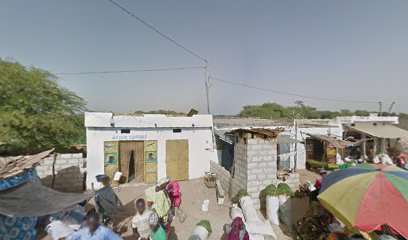
Boutique de Bilale Ndande
Discover the essence of Senegalese artistry at Boutique de Bilale in Ndande, where each handcrafted item tells a unique story.
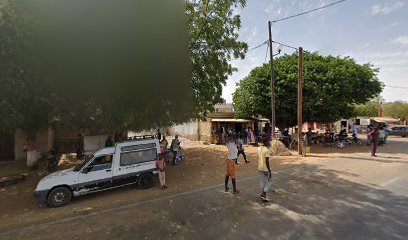
Boutique ESCALE
Experience Kébémer’s local flavors at Boutique ESCALE, your go-to grocery store for authentic Senegalese products and culinary delights.
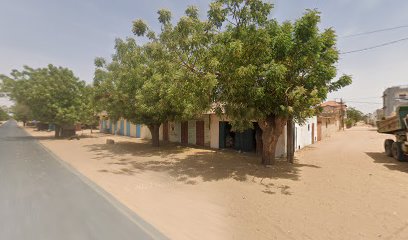
Boutique Nékhelé
Explore the cultural richness of Senegal at Boutique Nékhelé, a collectibles store in Meckhe offering unique artisan treasures and authentic souvenirs.
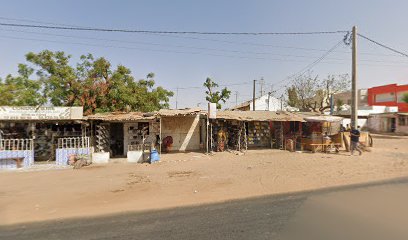
baye aly ndiongue
Explore Baye Aly Ndiongue in Dakar for unique, handcrafted gifts that embody the spirit of Senegal's rich culture and artistry.
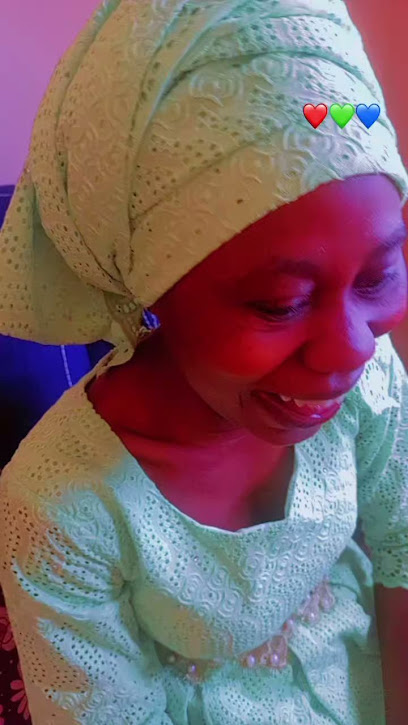
Boutique Bathie
Explore the unique offerings of Boutique Bathie in Fas Boue – a treasure trove of local crafts, fashion, and cultural souvenirs that celebrate the region.

NGARAFF
Discover the flavors of Ngaraf at this local grocery store, where fresh produce and authentic Senegalese products await every curious traveler.

Boutique Sope Naby Awa wade
Explore the exquisite world of Senegalese textiles at Boutique Sope Naby Awa Wade in Ndande, where vibrant fabrics tell a story of culture and craftsmanship.
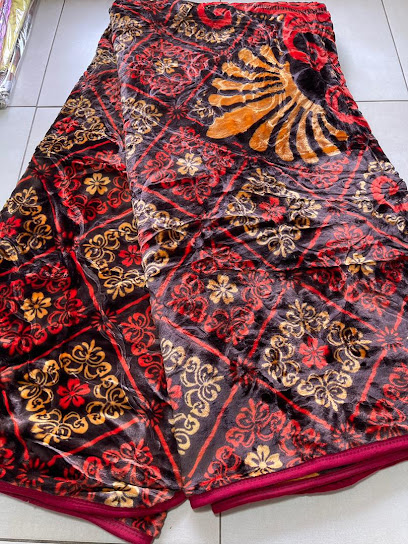
champ de ngalam
Explore the vibrant floral artistry of Champ de Ngalam in Lompoul sur Mer, where local blooms meet exquisite craftsmanship.
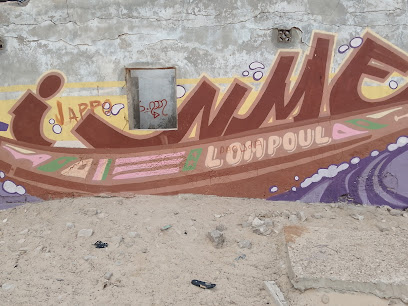
Essential bars & hidden hideouts
Ecolodge de Lompoul
Discover the serene beauty and cultural richness at Ecolodge de Lompoul, your eco-friendly retreat in the heart of the Lompoul Desert.
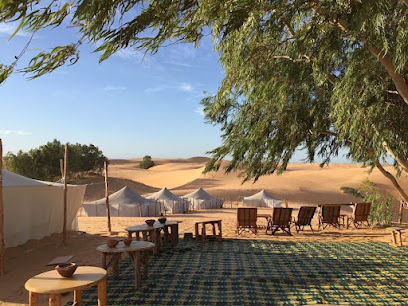
Africa Roots
Discover the tranquil escape at Africa Roots Hotel, where comfort meets the captivating beauty of Lompoul-sur-Mer.

Lompoule Sur Mer
Discover the serene beauty of Lompoule Sur Mer, a charming coastal town in Senegal, perfect for relaxation and cultural exploration.
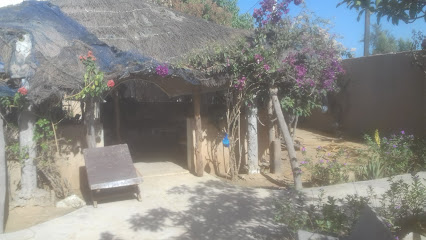
Ndoumbélane
Experience the vibrant ambiance and delicious local cuisine at Ndoumbélane, a must-visit bar and restaurant in St. Louis, Senegal.
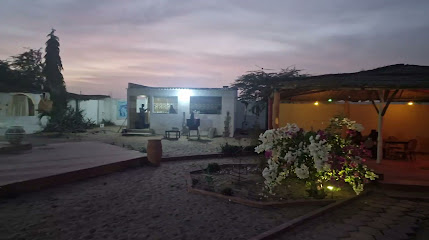
Baobab Lounge
Discover a tranquil oasis at Baobab Lounge, where local culture meets refreshing drinks in Deni Mali Gueye.

Le Spoutnik Bar
Experience the vibrant jazz scene at Le Spoutnik Bar, where local culture and live music come together for an unforgettable night in St Louis.
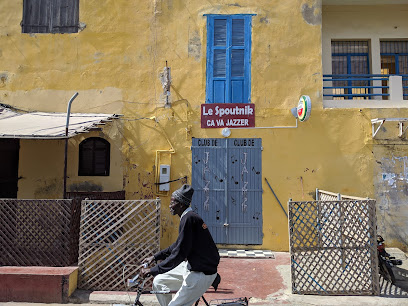
Dibiterie Seydina Mohamed Bar
Explore the heart of Kébémer at Dibiterie Seydina Mohamed Bar, where local culture meets delightful flavors in a vibrant setting.
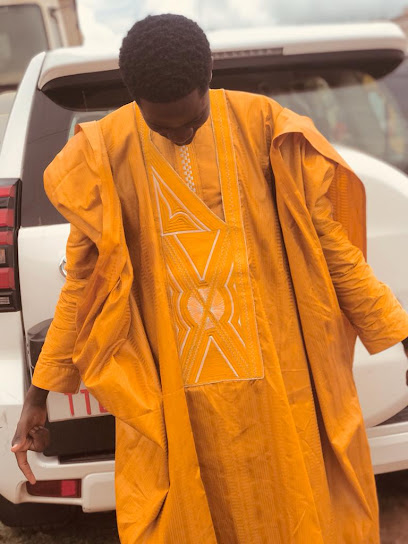
Lompoul
Experience the magic of Lompoul Desert, where golden sands and cultural richness blend for an unforgettable adventure in Senegal.
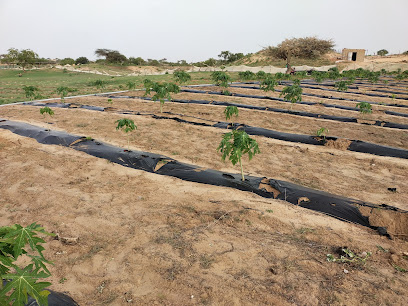
Sine Saloum Bar
Experience the vibrant atmosphere at Sine Saloum Bar, where local flavors meet exceptional hospitality in the heart of Dakar.
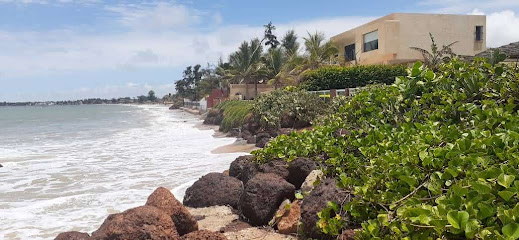
Biergarten „Zum Hungrigen Hund“
Experience the heart of Bavaria at Biergarten „Zum Hungrigen Hund“ in Mboro, where authentic cuisine meets a vibrant atmosphere.
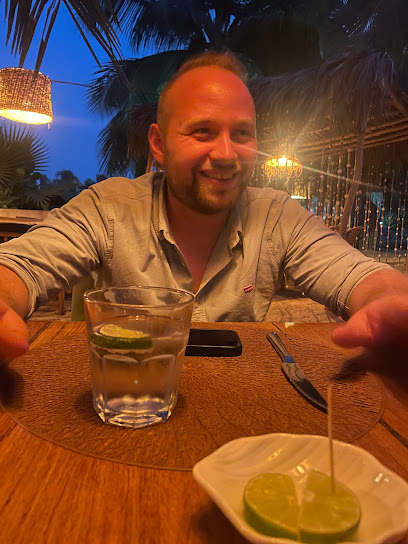
Flag Embuscade Bar
Discover the vibrant nightlife of St. Louis at Flag Embuscade Bar, your go-to spot for delightful drinks and local culture.
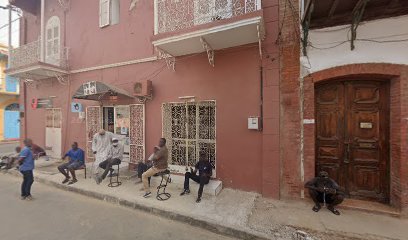
DÉSERT DE LOMPOUL LODGE
Discover the serene beauty of DÉSERT DE LOMPOUL LODGE, where adventure meets tranquility in the heart of the Lompoul desert.
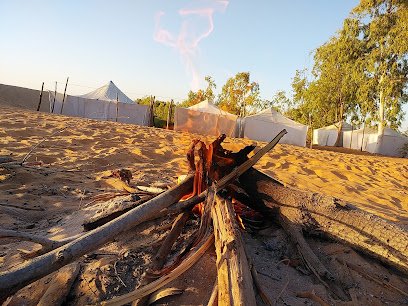
Bar de Darou khoudoss
Experience the vibrant culture and hospitality of Senegal at Bar de Darou Khoudoss, Mboro's favorite social hub for drinks and snacks.
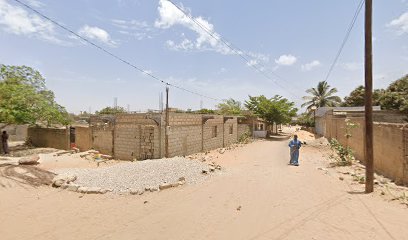
Bar chez Simon
Discover the vibrant culture of Tivaouane at Bar chez Simon, where local drinks and warm hospitality await every visitor.
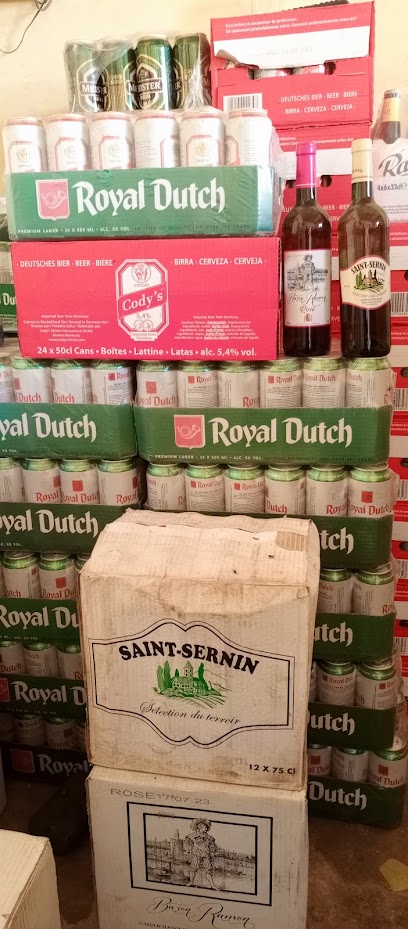
Local Phrases about Lompoul Desert
-
- HelloSalam
[Sa-laam] - GoodbyeBa ci kanam
[Ba chi ka-nam] - YesWaaw
[Waaw] - NoDéedéet
[Dee-deet] - Please/You're welcomeJërejëf
[Je-re-jef] - Thank youJërëjëf
[Je-re-jef] - Excuse me/SorryNjaaf
[N-jaaf] - How are you?Nanga def?
[Nan-ga deff] - Fine. And you?Jamm. Nopp?
[Jam. Nop] - Do you speak English?Nuy ngënaa def?
[Nu-ee n-ge-naa def] - I don't understandNopp. Déedéet
[Nop. Dee-deet]
- HelloSalam
-
- I'd like to see the menu, pleaseNopp. Noppalaa menyu, jërejëf
[Nop. Nop-pa-laa men-yu, je-re-jef] - I don't eat meatNopp. Déedéet xar
[Nop. Dee-deet char] - Cheers!Sante!
[San-te] - I would like to pay, pleaseNopp. Noppalaa bi, jërejëf
[Nop. Nop-pa-laa bee, je-re-jef]
- I'd like to see the menu, pleaseNopp. Noppalaa menyu, jërejëf
-
- Help!Nopp!
[Nop!] - Go away!Jëkk!
[Jekk] - Call the Police!Waarul polis!
[Waa-rul po-lis] - Call a doctor!Waarul medecin!
[Waa-rul me-de-sin] - I'm lostNopp. Noppalaa bu rafet
[Nop. Nop-pa-laa boo ra-fet] - I'm illNopp. Noppalaa bu amul
[Nop. Nop-pa-laa boo a-mul]
- Help!Nopp!
-
- I'd like to buy...Nopp. Lekkoom...
[Nop. Lek-koom] - I'm just lookingNopp. Noppalaa seen
[Nop. Nop-pa-laa seen] - How much is it?Ñuy tuddu lay?
[N-yu tud-du lay] - That's too expensiveNopp. Ñuy laa taxas
[Nop. N-yu laa tax-as] - Can you lower the price?Mbaa laa fekki lay?
[M-baa laa fek-ki lay]
- I'd like to buy...Nopp. Lekkoom...
-
- What time is it?Ñuy jëkk?
[N-yu jekk] - It's one o'clockÑuy juroom juroom
[N-yu ju-room ju-room] - Half past (10)Ñuy njaar (10)
[N-yu n-jaar (10)] - MorningSuba
[Su-ba] - AfternoonNgoon
[N-goon] - EveningKër
[Ker] - YesterdayNopp. Gënaa
[Nop. Ge-naa] - TodayNopp. Nëbbi
[Nop. Ne-bi] - TomorrowNopp. Mbaax
[Nop. M-baax] - 1Benn
[Ben] - 2Ñaar
[N-jaar] - 3Xët
[Ket] - 4Nëgg
[Negg] - 5Juroom
[Ju-room] - 6Juróom ñaar
[Ju-room n-jaar] - 7Juróom xët
[Ju-room ket] - 8Juróom nëgg
[Ju-room negg] - 9Juróom juroom
[Ju-room ju-room] - 10Fukk
[Fook]
- What time is it?Ñuy jëkk?
-
- Where's a/the...?Ñooma ba...?
[Noo-ma ba] - What's the address?Ñuy ñooma ba?
[N-yu noo-ma ba] - Can you show me (on the map)?Mbaa laa seen (ñooma)?
[M-baa laa seen noo-ma] - When's the next (bus)?Ñooma ba jëkk (bus)?
[Noo-ma ba jekk bus] - A ticket (to ....)Tikët (ci ....)
[Ti-ket (chi)]
- Where's a/the...?Ñooma ba...?
History of Lompoul Desert
-
The Lompoul Desert, located between the cities of Dakar and Saint-Louis, has historically been a key waypoint in the trans-Saharan trade routes. Caravans carrying gold, salt, and other precious goods would traverse this arid landscape, connecting West Africa with North African and Mediterranean markets. The desert’s strategic position made it a melting pot of cultures and a vital artery for commerce and cultural exchange.
-
For centuries, the desert has been home to various nomadic tribes, including the Fulani and the Wolof. These tribes have developed unique ways of life adapted to the harsh desert conditions. Their rich oral traditions, music, and storytelling continue to be a vibrant part of the local culture. The annual migration patterns and traditional practices of these tribes offer a glimpse into a way of life that has persisted for generations.
-
During the colonial period, the French established control over Senegal, including the Lompoul Desert. The desert served as a natural barrier and strategic location for colonial forces. The French influence is evident in the architecture of nearby towns and the introduction of new agricultural practices. The colonial era brought about significant changes in the social and economic structures of the region.
-
Senegal gained independence from France in 1960, leading to new opportunities and challenges for the Lompoul Desert region. Efforts to promote tourism have led to the development of eco-friendly desert camps, which offer visitors an immersive experience of the desert’s beauty and culture. These developments aim to balance economic growth with the preservation of the desert’s unique environment and cultural heritage.
-
The Lompoul Desert is a vibrant venue for cultural festivals that celebrate the rich heritage of Senegal. Events such as the Festival du Sahel bring together musicians, artists, and performers from across West Africa. These festivals provide a platform for showcasing traditional music, dance, and crafts, fostering a deeper appreciation of the region’s cultural diversity and artistic expression.
Lompoul Desert Essentials
-
Lompoul Desert is located between the cities of Dakar and Saint-Louis in Senegal. The nearest major airport is Blaise Diagne International Airport (DSS) in Dakar, which is approximately 145 kilometers from the desert. From Dakar, you can take a taxi, a private car, or a bus to the town of Kebemer. From Kebemer, you can arrange for a 4x4 vehicle to take you directly into the desert, as the terrain requires a robust vehicle.
-
Within the Lompoul Desert, transportation options are limited due to the sandy terrain. Most tourists rely on organized tours that provide 4x4 vehicles for navigating the desert. Camel rides are also a popular mode of transportation for short distances. If you're staying in one of the desert camps, they often include transportation within their packages. For getting around nearby towns, taxis and local buses are available.
-
The official currency in Senegal is the West African CFA franc (XOF). It's advisable to carry cash, especially when visiting remote areas like Lompoul Desert, as credit card facilities are scarce. ATMs are available in larger towns and cities like Dakar and Saint-Louis, so ensure you withdraw sufficient cash before heading into the desert. Most organized tours and desert camps accept major credit cards, but it's always best to confirm in advance.
-
Lompoul Desert is generally safe for tourists, but it is essential to take standard precautions. Avoid wandering alone at night and keep an eye on your belongings. Crime targeting tourists is rare in the desert itself, but be cautious in larger towns and cities. It's also advisable to stay with your tour group and follow the guidance of your tour guide. Always inform someone of your travel plans and expected return time.
-
In case of an emergency, dial 17 for police assistance, 18 for fire services, and 15 for medical emergencies. If you are staying at a desert camp, inform the staff immediately as they are well-equipped to handle emergencies and have contact with local authorities. Ensure you have travel insurance that covers medical emergencies and evacuation. For minor health issues, carry a basic first-aid kit and any personal medications you may need.
-
Fashion: Do dress modestly, especially when visiting local villages. Lightweight, breathable clothing is recommended due to the hot climate. Religion: Do respect local customs and traditions. Avoid public displays of affection and be mindful of religious sensitivities. Public Transport: Do be courteous and respectful to other passengers. Don’t expect strict schedules; public transport can be irregular. Greetings: Do greet people with a handshake and a smile. It's polite to ask about someone's well-being before starting a conversation. Eating & Drinking: Do try local dishes and accept food offerings graciously. Don’t refuse hospitality, as it is considered impolite.
-
To experience Lompoul Desert like a local, consider participating in traditional activities such as camel riding and sandboarding. Engage with the local guides and learn about their way of life. Visit the weekly markets in nearby towns to purchase local crafts and fresh produce. For a unique dining experience, try a traditional Senegalese meal called 'Thieboudienne,' which is a flavorful fish and rice dish. Don't miss the opportunity to enjoy the stunning sunsets and starry nights that the desert offers.
Nearby Cities to Lompoul Desert
-
Things To Do in Thiès
-
Things To Do in Dakar
-
Things To Do in Mbour
-
Things To Do in Kaolack
-
Things To Do in Bakau
-
Things To Do in Banjul
-
Things To Do in Serekunda
-
Things To Do in Serrekunda
-
Things To Do in Lamin
-
Things To Do in Farafenni
-
Things To Do in Brikama
-
Things To Do in Gunjur
-
Things To Do in Soma
-
Things To Do in Janjanbureh
-
Things To Do in Nouakchott







